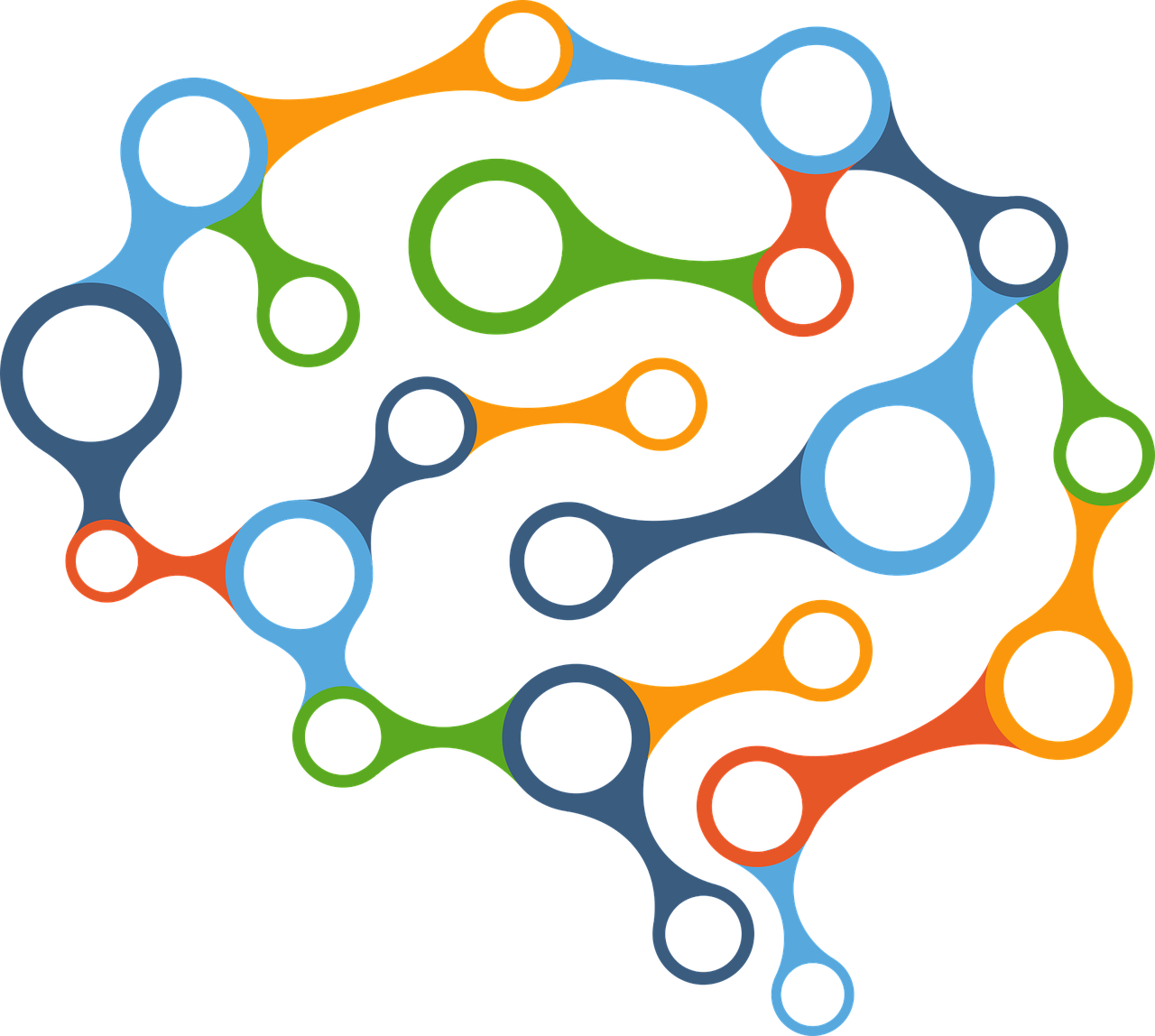-
Sleep and Inflammation During Adolescence

This article is authored by Brandon Williams and Danny Rahal and is part of the 2020 pre-graduate spotlight week. Adolescence is a period marked by significant biological and social changes, including pubertal changes and greater responsibility. In turn, many adolescents struggle to maintain a regular sleep schedule and do not get the recommended 8 to…
-
What Makes a Bully? Looking into the Parent-Child Relationship

This article is authored by Minna Sarwar and Danny Rahal and is part of the 2020 pre-graduate spotlight week. Bullying has always been a negative but pervasive facet of childhood, and rates are highest during adolescence. In fact, one study reports that up to 30% of teens disclose being victims of bullying (Salmivalli &…
-
Tips for being a Pre-Med Psychobiology Student

This article was authored by Selam Mulugeta and Danny Rahal as part of the 2020 pre-graduate spotlight series. It is no secret that many students at UCLA are pre-med. When I first started at UCLA, I was convinced that there was a formula for being the ideal pre-med student. After four years of undergrad and…
-
Out with the Old, in with the Older

Three septuagenarians are running for president. Does age affect the ability to lead?
-
Hot and Cold Cognition

What is cognition? This post explores the broad domain of cognition and what it means to divide cognitive functions into “hot” and “cold” categories.
-
Collaborative Inhibition: The Surprising Effect of Recalling Information in Groups

It is often said that “Two heads are better than one,” but do memory researchers agree? This article discusses the surprising effect known as collaborative inhibition.
-
Red Flags of Graduate Interviews

What are the red flags you should look out for when interviewing for graduate school? In this article, we cover common red flags to look out for, and offer some general advice and questions to ask during your graduate school visit!
-
Do Undergraduate Participant Pools Introduce Sources of Unaccounted Variance?

The discussed findings suggest that undergraduate participant pools do not introduce sources of unaccounted variance and researchers should not be particularly concerned with differences in cognitive abilities, motivation levels, personality characteristics, the time of year, or attendance rates as a potential confound in experimental psychology.
-
Are you bad at math? Or do you have Developmental Dyscalculia? What it is and current directions of treatment

A discussion about the potential use of noninvasive brain stimulation to treat children with Developmental Dyscalculia.
-
Uncle Sam wants YOU to participate in psychological studies!

Why you should participate in a psychological study & Why you should take it seriously